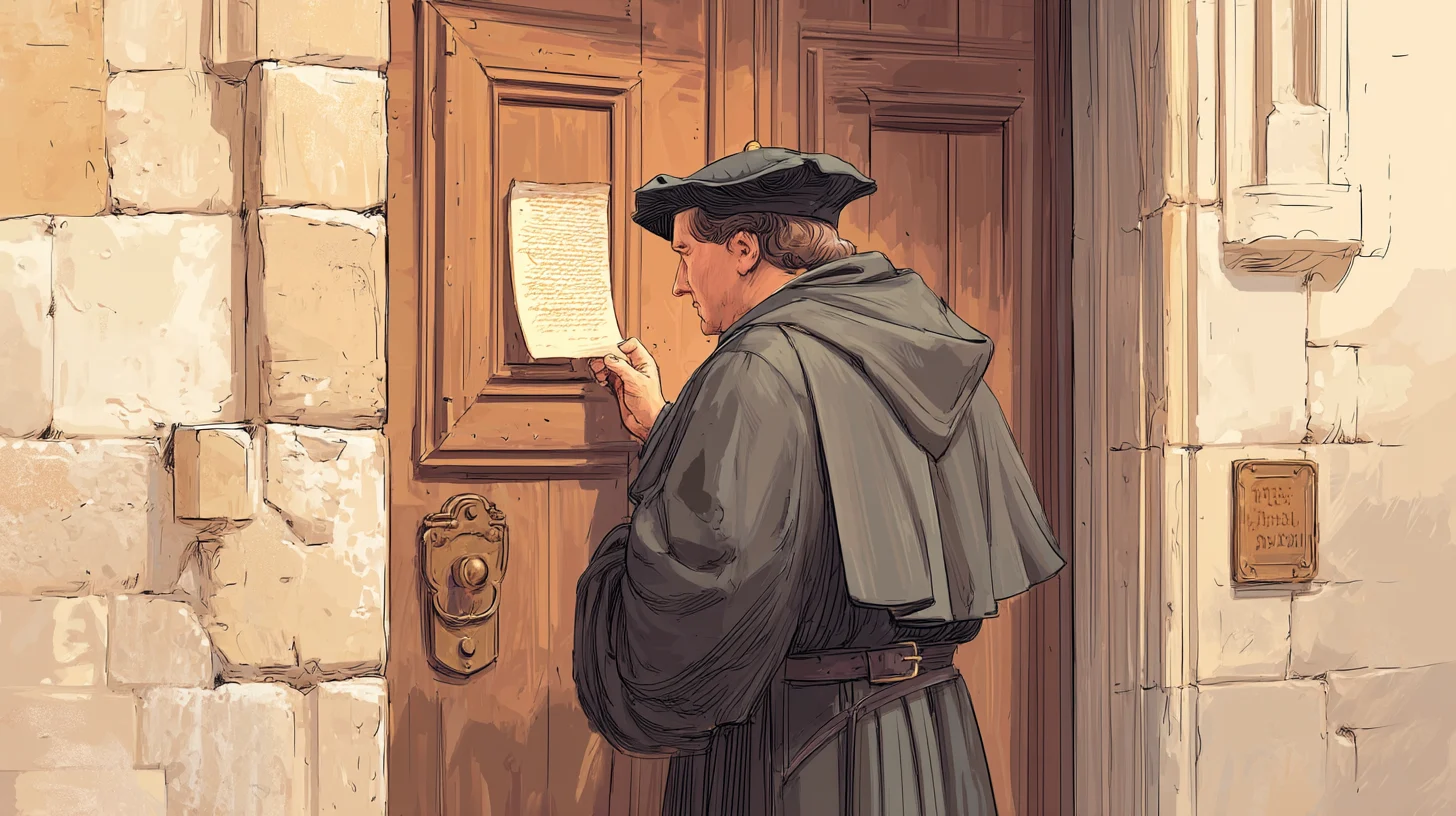Introduction: More Than a Holiday
For many people, Easter might bring to mind chocolate bunnies, pastel-colored eggs, and a weekend filled with family gatherings. But for Christians around the world, Easter is far more than a holiday. It’s the most important and powerful celebration of the entire year. At its heart, Easter is about hope rising from despair, life overcoming death, and love conquering sin. It tells the story of how God stepped into history to rescue humanity through the death and resurrection of Jesus Christ. This message is not just for adults or pastors—it’s for everyone, especially for young people trying to make sense of the world and their place in it.
So what does Easter really mean, and why does it matter to you today? Let’s explore its biblical roots, historical background, spiritual significance, and practical impact on your life.
The Biblical Foundation of Easter
The story of Easter begins with the most dramatic weekend in human history—what Christians now call Holy Week. After spending three years healing the sick, preaching about the Kingdom of God, and showing compassion to the outcasts, Jesus was betrayed by one of His own disciples, arrested by the religious leaders, and handed over to the Roman government to be crucified.
Good Friday marks the day Jesus was nailed to a wooden cross and left to die. It may seem strange to call it “good,” but Christians believe that through His death, Jesus took the punishment for the sins of the world—so that we could be forgiven and reconciled to God.
“But God shows his love for us in that while we were still sinners, Christ died for us.” — Romans 5:8 (ESV)
But the story didn’t end there. On the third day, Sunday morning, some women went to Jesus’ tomb—and found it empty. An angel told them, “He is not here, for He has risen, as He said” (Matthew 28:6). Later, Jesus appeared alive to His disciples and hundreds of others.
This event—the Resurrection—is the cornerstone of the Christian faith. Without it, Christianity would just be another religion or moral system. But because of the Resurrection, Christians believe Jesus is not just a great teacher or prophet—He is the Son of God who conquered death.
“If Christ has not been raised, your faith is futile and you are still in your sins.” — 1 Corinthians 15:17 (ESV)
A Look Back: The Early Church and Easter
Easter wasn’t invented recently—it has been celebrated by Christians for nearly two thousand years. The earliest believers, many of whom were eyewitnesses to the Resurrection, gathered on the first day of every week (Sunday) to remember the risen Christ. Eventually, this weekly remembrance gave way to a yearly celebration—Pascha, the original name for Easter, which comes from the Hebrew word Pesach, meaning Passover.
In the first few centuries, Christians would gather before sunrise on Easter morning to read Scripture, sing hymns, and rejoice together. They would greet each other with the words: “He is risen!” and the reply would be: “He is risen indeed!”
While the name “Easter” may have been borrowed from a spring festival in Europe, its true Christian meaning has always centered on the resurrection of Jesus and the promise of eternal life for those who believe in Him.
What Easter Really Means: Key Themes Explained
Let’s break down the deep spiritual meaning of Easter into four simple but powerful themes:
1. Forgiveness of Sins
At the cross, Jesus paid the price for all our sins—past, present, and future. That means no matter what you’ve done, no sin is too big for God to forgive.
“In Him we have redemption through His blood, the forgiveness of our trespasses.” — Ephesians 1:7 (ESV)
2. Victory Over Death

Because Jesus rose from the grave, death no longer has the final word. Christians believe that all who trust in Christ will also rise from the dead and live forever with God.
“I am the resurrection and the life. Whoever believes in me, though he die, yet shall he live.” — John 11:25 (ESV)
3. New Life and Identity
Easter means you don’t have to be stuck in old patterns. You can start over. Through Jesus, you can become a new creation.
“Therefore, if anyone is in Christ, he is a new creation. The old has passed away; behold, the new has come.” — 2 Corinthians 5:17 (ESV)
4. Living Hope
In a world full of pain and uncertainty, Easter reminds us that there’s always hope because Jesus is alive. Christians are not following a dead leader, but a living Savior who walks with them daily.
“Blessed be the God and Father of our Lord Jesus Christ! According to His great mercy, He has caused us to be born again to a living hope through the resurrection of Jesus Christ from the dead.” — 1 Peter 1:3 (ESV)
Why Easter Still Matters Today
You might be wondering: What does something that happened 2,000 years ago have to do with me right now?
Think about it: life can be hard. Maybe you’ve felt anxiety, loneliness, pressure to succeed, or fear of the future. Easter speaks directly to those struggles. It tells us we’re not alone. It tells us our mistakes don’t define us. And it tells us that even when everything seems dark, there is light on the other side.
A True Story of Transformation
There’s a student named Maya (name changed), who struggled with depression and felt like she had no purpose. She’d grown up hearing about Jesus, but it never felt personal. One Easter Sunday, she heard a message about how Jesus died for her—not just for the world in general. That morning, she prayed honestly for the first time, asking Jesus to forgive her and lead her life. Today, she says Easter was her “personal resurrection day”—when everything changed. She still faces challenges, but now she faces them with hope and peace she never had before.
The Contrast: Secular vs. Sacred Easter
You’ve probably seen commercials with bunnies, candy, and egg hunts. These aren’t bad things—they can be fun ways to celebrate spring and spend time with family. But they don’t tell the full story. Christians believe Easter is about so much more than a season—it’s about a Savior.
While culture focuses on symbols of life (like eggs), Christianity points to the true source of life—Jesus Christ.
Here’s how you can keep the focus on Jesus during Easter:
- Attend a Good Friday and Easter Sunday service with your family or friends.
- Read the Gospel accounts of the Resurrection (e.g., John 20 or Luke 24).
- Reflect on what the Resurrection means to you personally.
- Serve someone in need as a way to share the love of Christ.
Conclusion: What Will You Do With Easter?
Easter isn’t just a story in an old book. It’s a message that’s still alive today, waiting to change your life. Jesus didn’t just rise from the dead—He rose so you could live with purpose, peace, and eternal hope.
So ask yourself:
- Do I believe that Jesus rose from the dead?
- What difference would that make in my life if it were true?
- Am I willing to take the next step in my faith journey?
No matter where you are in life, Easter is an invitation. An invitation to trust that God loves you. An invitation to believe that your past doesn’t define your future. And most of all, an invitation to walk in the power of resurrection every day—not just once a year.
He is risen. He is risen indeed.



